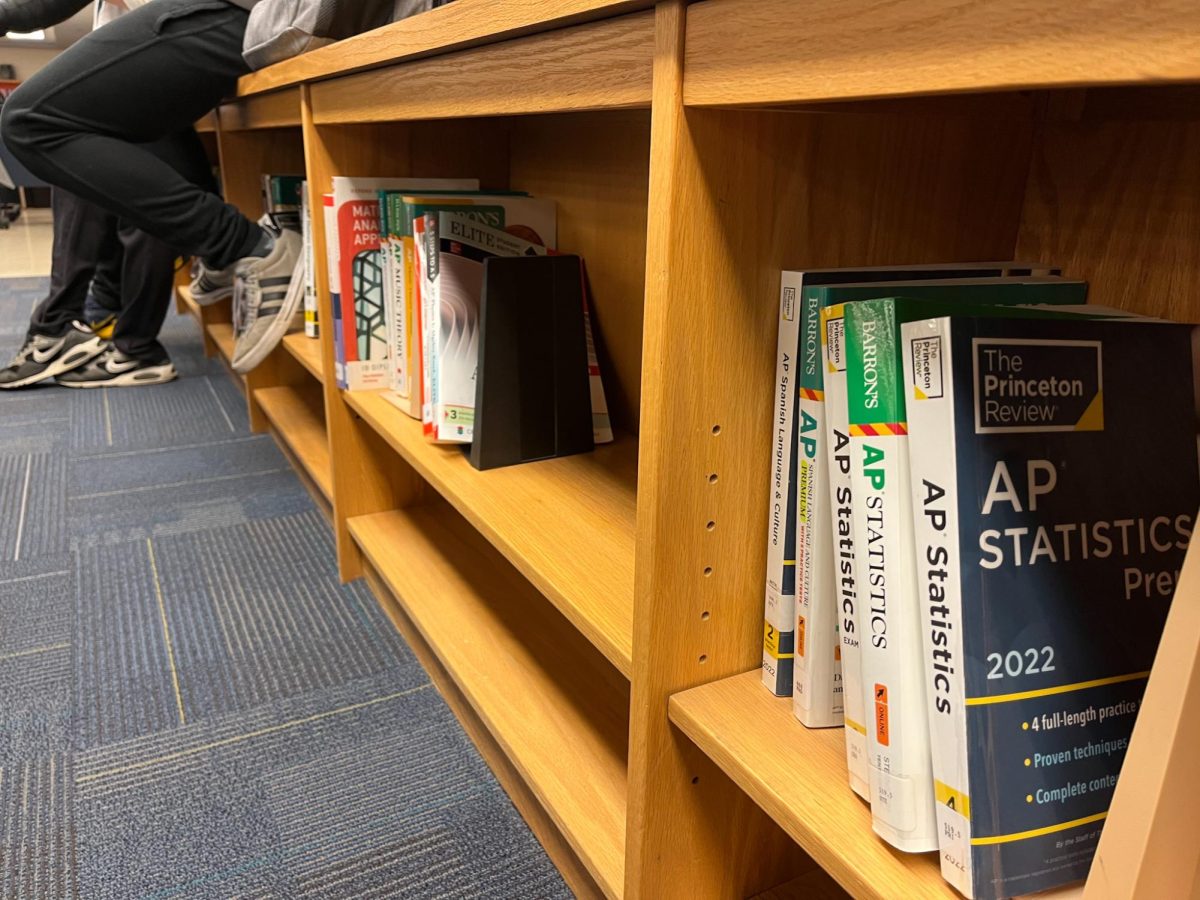You are on a date, and she
keeps checking her phone.
She is not only texting all of
her friends but is also on
Facebook and Twitter. You
can’t keep a conversation
with her because she is too
interested in what is going
on with her peers. Every
time her phone vibrates, she
immediately checks it and
ignores what you were saying.
She could just be obnoxious,
or she could just be addicted.
THE ADDICTION
A function MRI study
conducted earlier this year
by best-selling author and
consumer advocate Martin
Lindstrom proves that the
feelings someone has for a
loved one, such as a boyfriend
or girlfriend, are the same
as he experiences when he
hears his phone ring, making
the argument that people
are actually in love with their
phones.
According to a Sept. 30
New York Times article
written by Lindstrom, some
psychologists have found
that using smartphones like
iPhones and Blackberries
signal the same associative
learning paths in one’s
brain that cause other
obsessive behaviors like
gambling. The chemical
that causes these feelings
is the neurotransmitter
dopamine, which makes
someone feel good.
“I think what draws us to
our electronic gadgets, in all
their forms, is the anticipation
of what might be waiting on
the other end of that ding that
alerts us that a text message
is waiting or that beep that tells
us someone just left a voice
message,” said psychologist
Sherrie Bourg Carter, who
specializes in stress.
According to Lindstrom’s
article, only 16 people
between the ages of 16 and
25 were tested in the study,
and they were tested with the
audio and video of an iPhone
with the volume on and with it
on vibrate.
The study found that the
clients’ visual and audio
cortices were stimulated when
the phone went off, meaning
that the same part of the brain
lit up as it would if they were
talking to a friend.
CHS IN LOVE
Many CHS students can
relate to this.
According to junior Paige
Brody, she is addicted to
her cell phone and uses it
whenever she can. If she ever
loses it, she freaks out.
According to Carter’s Oct.
2. Psychology Today article,
rather than being in love with
the cell phone device itself,
people are more in love with
the anticipation of waiting
for a text message to arrive.
This anticipation creates
the excitement people feel,
causing them to pick up their
phones immediately. Now, it is
more common for couples on
dates to interrupt each other
to answer a text or phone call.
“I also think this kind of
‘addiction’ can be harmful,
such as in cases of driving
while texting or being so
consumed with checking or
writing texts, emails, etc. that it
interferes in our relationships
with others, which of course
may lead to psychological
problems such as traumatic
stress reactions, anxiety, and
depression,” Carter said.
Many people are starting
to take texting to another
level by constantly having
their phones on and feeling
incomplete without them.
“It is a problem because you
lose touch with reality, and time
is wasted rather than used
appropriately,” junior Chris
Rahimi said. “I use my phone
on an occasional basis but not
every minute of the day.”
Some students believe
that some phones are more
addicting than others.
“The more high tech the
phones are makes the kids
more addicted because there
is more to do on them with all
the applications,” Brody said.
THE GENETICS
Another factor in addiction
is parental involvement.
According to freshman
Evangeline Pergantis, she
believes parents have an
effect on their kids’ addiction if
they do not spend enough time
with their kids, communicate
with them enough or teach
them about self-control.
“My level of technology
dependency completely affects
my children in a good way,”
CHS parent Patty Silber said. “It
makes them completely more
aware of the world and of their
surroundings. They keep up
on current events and school
activities. Also, if we are apart
they always have the capability
of contacting me for any reason
whether it be a pick up location,
‘I forgot my lunch,’ or just to say
‘I love you.’”
Using technology may not
always be a bad thing, but
extreme usage of it may lead
to the inability to perform
basic actions like talking to
someone in person without
being awkward or being able
to handwrite papers.
“It’s a problem if a person
has little or no self-control and
regularly, or in some extreme
cases, constantly is distracted
from their work or what they
should be attending to, in order
to text, call, or check messages
or emails,” Carter said.
THE FUTURE OF
SOCIETY
Phone addiction has
caused a huge change in the
way humans interact socially,
and if the trend continues,
one wonders whether people
will lose the ability or desire
to communicate with other
people in person.
“I understand with
technology advancing phones
are really important to people,
but I don’t think we should let
old methods of communication
die out,” sophomore Sonja
Judkins said. “Texting shouldn’t
become the main form of
communication over calling
someone or just going to talk
to someone face to face.”
Society, however, is now
very technology based.
“Children nowadays are
completely dependent on
technology mainly because
of their environment,” Silber
said. “They need cell phones in
today’s world to communicate
whether it be through voice or
text, and a lot of homes don’t
even have landlines anymore,
just multiple cell phones.”
MAKING IT BETTER
According to Carter, people
can fix their addiction problem
through discipline.
“Addiction to an electronic
gadget is a bad habit, and like
all bad habits can be altered by
consistent self-monitoring and
self-regulation,” Carter said.







